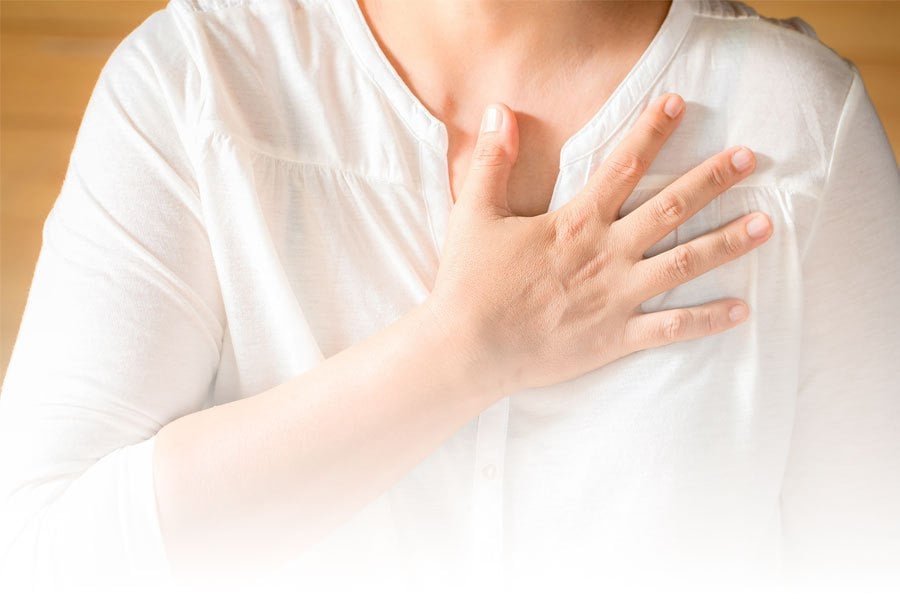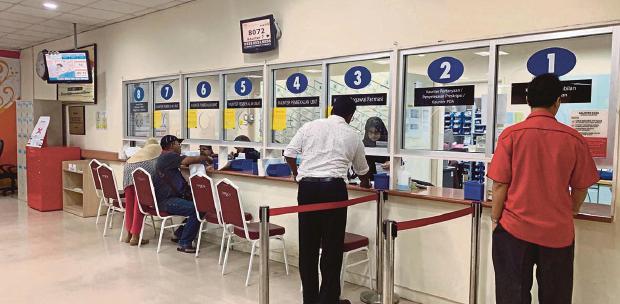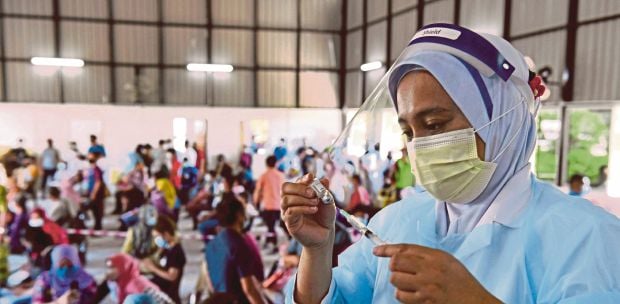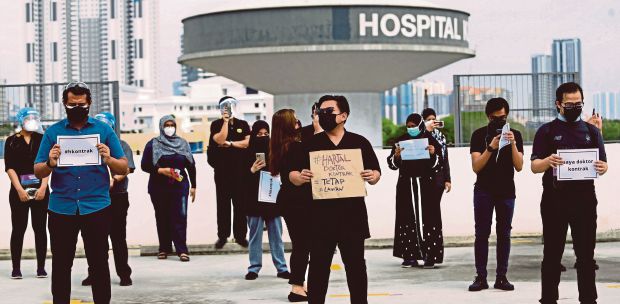LETTERS: Sudden death, a silent peril for individuals under 40, casts a shadow on the vitality of youth.
Statistics from the World Health Organisation paint a grim picture, with more than 1.5 million young lives lost in 2021 alone and a staggering 4,500 deaths daily.
In Malaysia, the data from the Department of Statistics' Statistics on Causes of Death 2023 reveals a concerning trend, highlighting heart disease as a leading cause of sudden death among young adults in 2022.
There is the misconception that cardiovascular disease only affects older people. Heart disease, a stealthy problem, manifests through symptoms like heart attacks, chest pain, strokes, arrhythmia and heart failure.
Contributing factors such as high blood pressure, smoking, diabetes, dyslipidemia, high cholesterol, sedentary lifestyles and obesity amplify the risk, making early detection and intervention paramount.
The death of young individuals reverberates far beyond the individual, impacting the emotional wellbeing of families, friends and communities.
The loss of young talent at the peak of their careers also has economic and social repercussions, underscoring the urgency of preventive measures.
In the battle against sudden death, prevention is the cornerstone of defence. Prioritising regular health screenings can uncover underlying cardiovascular risks, paving the way for timely interventions.
Lifestyle modifications, a wholesome diet, regular exercise and tobacco cessation are pillars of resilience against sudden death.
As the world grapples with the aftermath of the pandemic, recalibrating preventive strategies for cardiovascular health becomes imperative.
The next step of action could involve implementing targeted interventions, promoting community engagement and leveraging technology for health education and monitoring.
By disseminating updated guidelines and fostering awareness, we can forge a path towards a healthier, safer future for all.
TAY BEE HOONG
Universiti Teknologi Mara, Johor
The views expressed in this article are the author's own and do not necessarily reflect those of the New Straits Times





